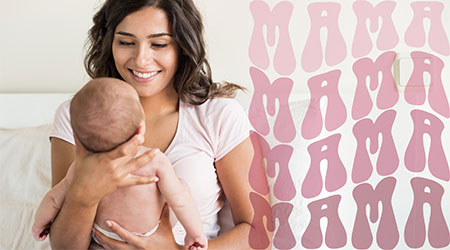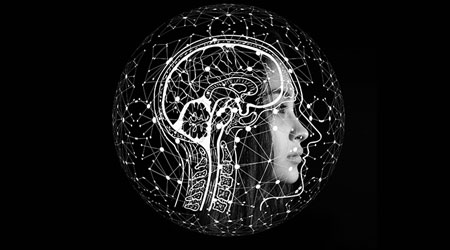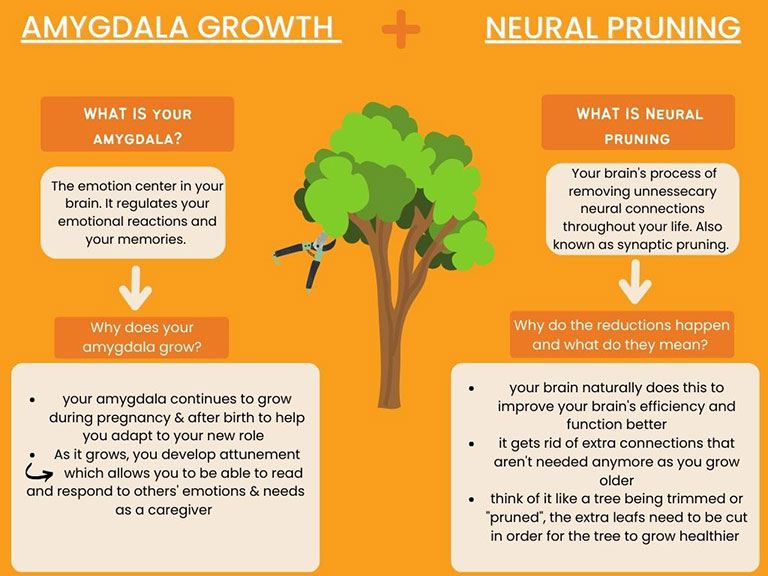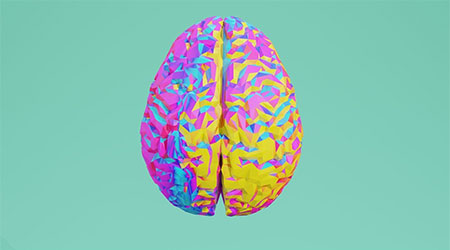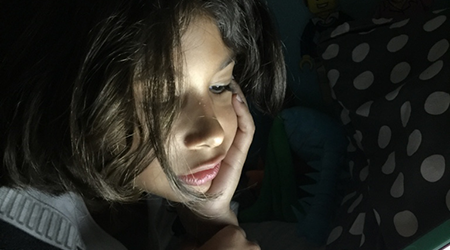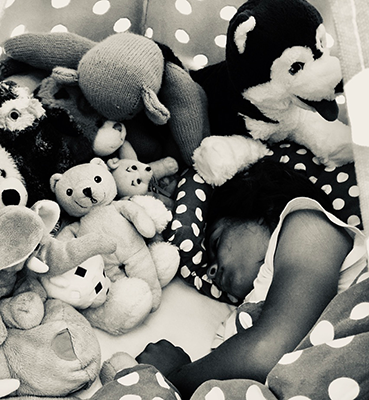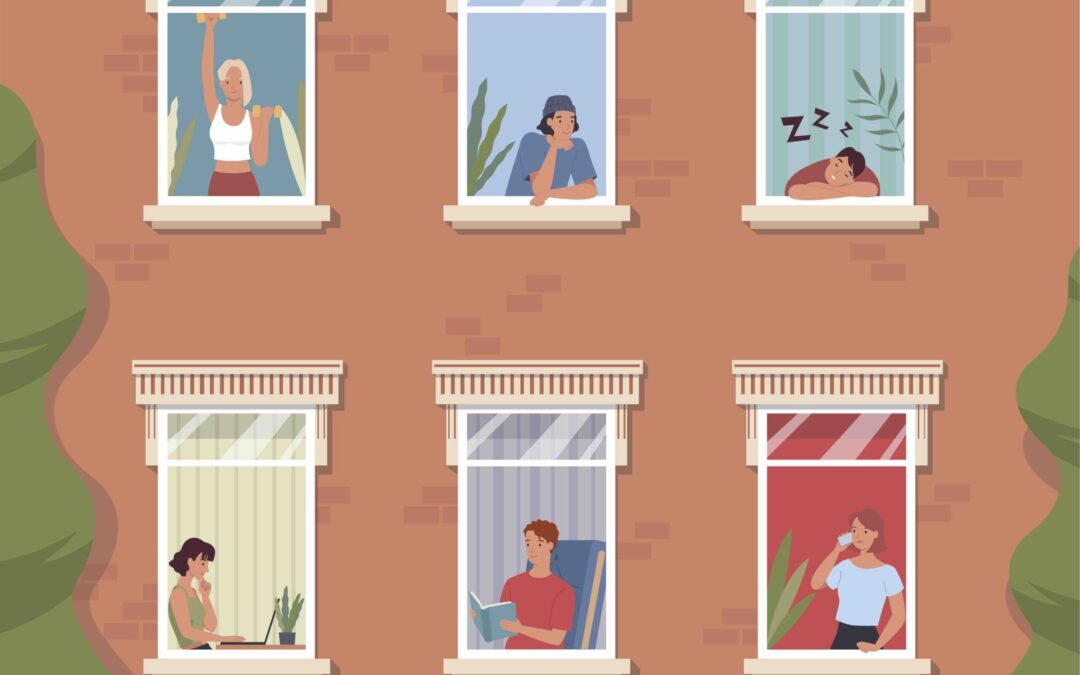
Motherhood in the Age of Social Media
You’ve probably heard of the stress hormone cortisol. It’s the body’s built-in alarm system, triggered in times of stress, and essential for survival. However, prolonged exposure to elevated cortisol levels can negatively impact our well-being—especially for mothers navigating the already challenging landscape of parenthood.
Recent research suggests that social media can contribute to increased cortisol levels, fueling stress, anxiety, and self-doubt. While these platforms offer connection and community, they also create an environment where unrealistic portrayals of motherhood can leave many feeling inadequate.
The Social Media Trap: When Comparison Breeds Shame
Imagine these scenarios:
Scenario 1: The Breastfeeding Struggle
You’re struggling with breastfeeding, and in search of reassurance, you scroll through social media. Instead of comfort, you find picture-perfect images of mothers effortlessly nursing their babies, beaming with joy. A wave of shame washes over you:
“What’s wrong with me? Everyone else makes it look so easy. Why can’t I do something that’s supposed to be natural?”
Scenario 2: The Not-So-Glowing Pregnancy
Pregnancy hasn’t been the magical experience you expected. Your first trimester was exhausting, filled with nausea and discomfort. You barely recognized yourself. Yet, on Instagram, influencers gush about their radiant glow and newfound energy. The anxiety creeps in:
“Why don’t I feel this way? Am I a terrible person for not loving pregnancy like they do?”
Scenario 3: The Fourth Trimester Reality Check
You gave birth two weeks ago, and life feels like a blur. Showering is a luxury, your body still looks pregnant, and exhaustion is your new normal. You turn to social media, hoping to find solidarity—only to see polished portraits of glowing mothers with serene newborns, captioned with phrases like “pure bliss” and “so in love.” You start to wonder:
“Why don’t I have it together? Why does everyone else seem to be thriving while I’m barely surviving?”
The reality is, social media often presents a curated highlight reel, not the full picture. While these platforms can keep us connected to loved ones, they can also amplify feelings of isolation, anxiety, and shame. Research has linked these emotions to increased cortisol levels, further compounding stress in an already demanding season of life.
5 Ways to Protect Your Mental Health on Social Media
If social media is making you feel more isolated than connected, it may be time to reassess your relationship with it. Here are five steps to help you navigate it more mindfully:
1. Check in with yourself
Pay attention to how you feel after scrolling. Do you feel encouraged and connected? Or drained and inadequate? Notice which posts bring you joy versus which ones stir up anxiety or envy. Self-awareness is the first step toward creating a healthier experience.
2. Curate your feed
Museums carefully curate exhibits to create a meaningful visitor experience—your social media feed should be no different. Unfollow accounts that leave you feeling “less than,” and seek out content that uplifts and validates your experience.
3. Set boundaries on screen time
Even the most carefully curated feed can’t prevent suggested posts or ads that reinforce unrealistic ideals. Set daily time limits for social media use, and consider designating specific times of the day to check in rather than scrolling out of habit or boredom.
4. Turn off notifications
Social media notifications trigger the brain’s limbic system, putting it on high alert and causing spikes in cortisol. Disabling notifications can help reduce the impulse to check your phone constantly, creating a more intentional and mindful experience.
5. Remember: Social media is not real life
Comparison is the thief of joy. What you see online is not the full story—it’s a filtered snapshot of someone’s life, carefully curated and edited. You are not alone in your struggles, even if they’re not openly shared on social media. Your experience is valid, even if it doesn’t look like someone else’s highlight reel.
Final Thoughts
Motherhood is hard enough without the added pressure of social media comparisons. By approaching these platforms with awareness and intention, we can protect our mental well-being and remind ourselves that we are already enough—without the filters, without the perfection, and without the pressure to measure up.
Your motherhood journey is uniquely yours, and that is more than enough.

